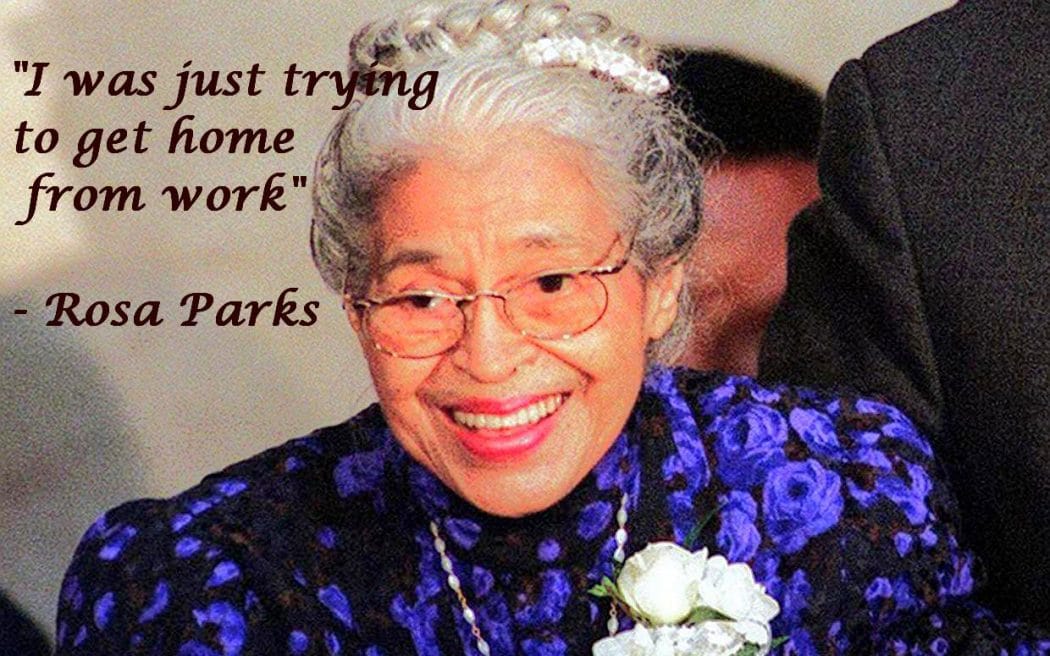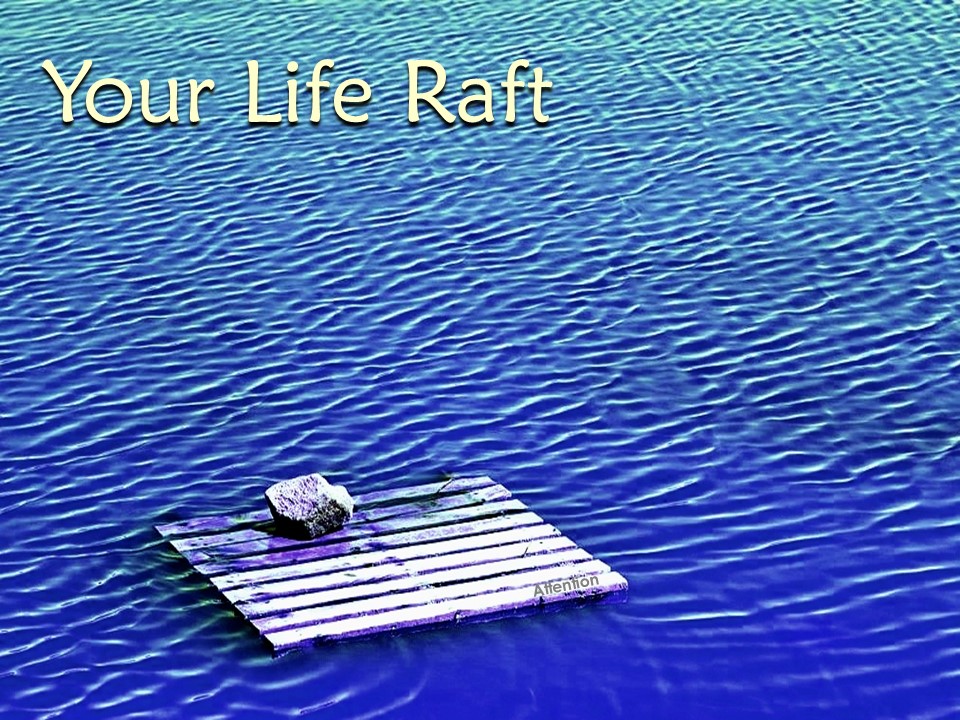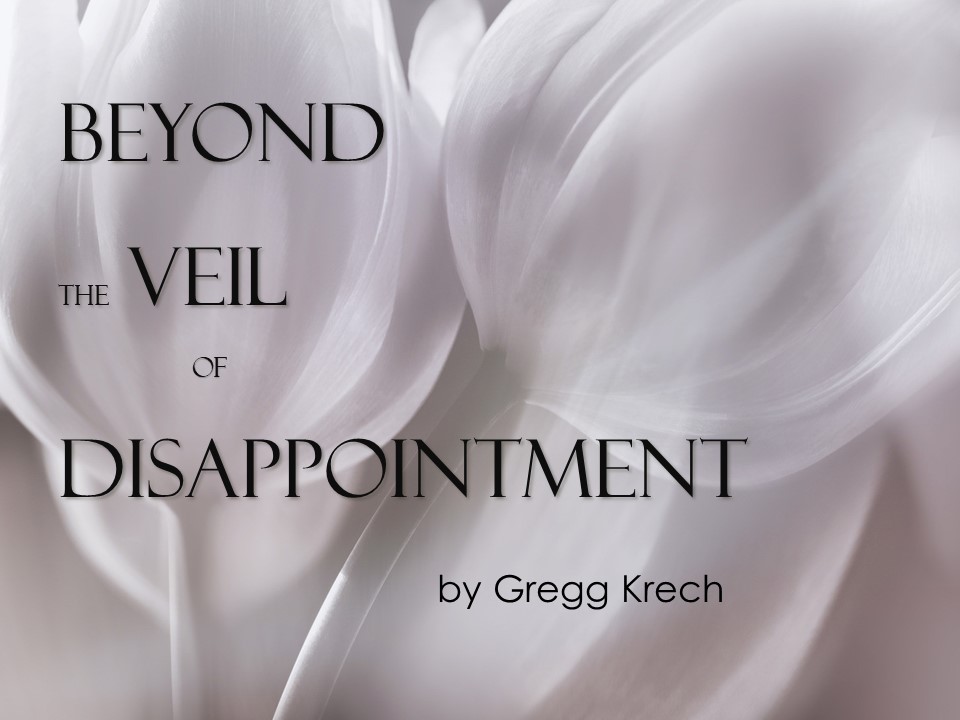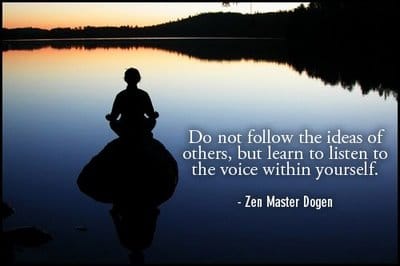Many of us cope with fear of the unknown by staying safely in the known. We make our homes into little nests in a big world and our hope is to maximize our comfort and protect ourselves from danger. But from time to time we may wander far from our nests and find ourselves in danger. We travel to new places. We speak out in public or put ourselves in the public eye (by publishing a book, or running for public office, for example). We meet strangers. We take on challenges which offer the risk of failure, and along with that risk, the possibility of criticism or humiliation.
Old age, disease and death are essential elements of life. Whether or not we stay in the nest, there is no way to avoid them. They come to us. There is no place to hide. Our lives are always hanging by a thread, though, mostly, we’re not conscious of that.
I’d like to share Seven Key Principles for Coping with Fear:
1. Fear is a feeling accompanied by thoughts. We can’t talk ourselves out of being afraid. We can’t will our fear to go away. A better strategy is to acknowledge and accept our fear.
2. Fear is our mind’s natural effort to protect us. If we were truly “fearless”, we might not be alive today. Fear is more like a guardian, than an enemy. You might think of it as a parent who is sometimes overprotective, but sometimes knows what’s best.
3. Avoiding what we are afraid of often feeds our fear. When we avoid situations that we are afraid of, that can quickly turn into our default strategy. And then, over time, our world of comfort shrinks as the elements of the world we fear grow and close in. In other words, our comfort zone gets smaller and smaller.
4. Facing our fear and doing what we have to do helps us learn that we can live well while coexisting with fear. This is the response to fear that can help us live a purposeful and admirable life. It awakens us to the possibility that we can coexist with discomfort while taking action on what we need to do. When we do this just once, we begin building the capacity to do it in the future. We don’t need to conquer fear to act courageously.
5. Generally, fear and anxiety are related to what might happen in the future. By returning to the present moment of our life we acknowledge that the future is “not happening now.” In the present moment, we may find that there is nothing to fear. Or, that what we fear is really a thought about what might happen in the future. In that sense, we realize that we are afraid of our thoughts. You don’t fear the future (which isn’t here yet), your fear is a response to your thoughts about the future.
6. We are only afraid when we are paying attention to our fear. As we learn to skillfully work with our attention, we find that we can shift our attention away from thoughts and feelings. And when we are absorbed by what we are doing, we are not experiencing fear. Or shyness, or even depression. Not in that moment. Your experience of life is not based on your life, but on what you pay attention to.
7. Cultivating awareness of how we are supported and cared for (through Naikan reflection) can provide some comfort to us when we are facing fear and anxiety about what may happen. It helps us to trust the unknown. It helps us to see that, in the past, we have survived fearful situations, and we did it with a great deal of support and help from others – people, objects, even forms of energy, like electricity.
Fear is often a natural response to a perceived threat or the unknown. In any crisis, fear is likely to be one of the actors on that stage. Our goal is not to get rid of fear, but rather to be aware of it and coexist with it as we take action, where necessary, to address the challenge that we’re faced with.
From, the book “Coping with a Crisis: A Guide to Coping with What You Didn’t Want to Happen” by Gregg Krech (expected publication, Summer 2025)













